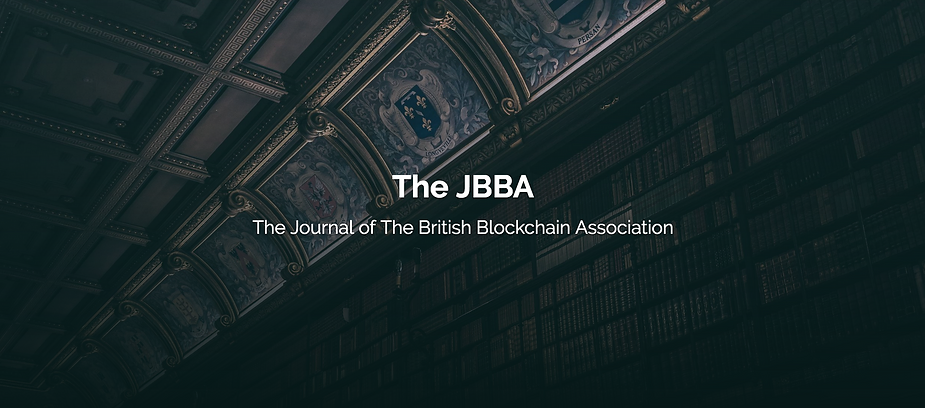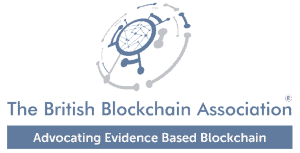Europe’s First Peer Reviewed Journal devoted to Blockchain & DLT launched
The British Blockchain Association (BBA), the first UK-wide organisation to encourage and facilitate the adoption of Blockchain technology, has launched the Journal of The British Blockchain Association (JBBA).
The JBBA is the only peer reviewed journal dedicated to Blockchain and Distributed Ledger Technologies (DLT) in Europe. It is a unique platform for communication, discussion and dissemination of research related ideas, opinions, and solutions related to DLT, Blockchain and digital currencies.
The journal is an ‘archival international journal’ that will cover many aspects of interdisciplinary work in the field of DLT, and report its practical use in a wide range of applications in industry, the public sector, government and academia.
Dr. Naseem Naqvi, the JBBA’s Editor-in-Chief, explained:
“Newspapers and magazines contain articles that are written by reporters who may or may not be experts on the topic. Consequently, we read content that may contain incorrect or unverified information. With a peer-reviewed journal, such as the JBBA, all articles are evaluated by experts before being published. This ensures that all content within the Journal remains credible, reliable, accurate and authentic.”
According to Dr. Naqvi:
“The JBBA follows a ‘double blind’ peer review process which means that the reviewers do not know who the author of the article is and vice-versa, so that the article succeeds or fails on its own merit, not the reputation of the author.”
A high-quality peer-reviewed journal will enable authors to showcase their work, and at the same time, allow policy makers to build on an evidence-based framework. This will enable stakeholders to provide government with sound academic support for experimentation, proofs of concept and knowledge transfer, as highlighted in 2017 Sir Lord Christopher Holmes’s report “Distributed Ledger Technologies for Public Good.”
As research in Blockchain technologies and related areas of science have rapidly developed, it has become apparent that timely reviews focusing on new or emerging areas of applied Blockchain are needed. This has led to a significant increase in the number of scientific projects in the field in recent years. Much of this increase is driven by the relevance of Blockchain and DLT in areas such as: digital identity data, e-commerce, border control, taxation, national security, biomedical sciences, banking, smart contracts, gov-tech, voting, real estate, climate finance, supply chain, charity, education and other expanding disciplines.
Dr. Naqvi explains:
“New and existing researchers in these areas need authoritative reviews by leading experts that put well-established areas in perspective and new and emerging areas in context. The JBBA aims to become the “Gold Standard” journal for the highest quality, evidence based, peer-reviewed Blockchain and DLT resources.”
According to a recent report, the compound annual growth rate for Blockchain spending between 2016 and 2021 is estimated to be 81.2 per cent. An estimated $945 million was spent on Blockchain solutions in 2017, with another $2.1 billion is expected to be deployed on Blockchain projects this year. This figure is set to reach $9.2 billion by 2021. A journal such as the JBBA would give economists, government and policy makers robust, high quality evidence and allow them to make the best decisions for their citizens.
The journal will be distributed to key industry, academic and government stakeholders including; the House of Commons, the House of Lords and Whitechapel Think Tank; informing them of the most recent state-of-the art developments in Blockchain and DLT. It will provide a unique platform to disseminate new ideas and report valuable applications to an audience that includes; Blockchain engineers, academics, venture capitalists, government authorities, investors, intellectuals, thought leaders, and industry experts.
The journal is available online with the inaugural print version available this Summer.
Authors are invited to submit papers no later than 30th May 2018 to:
//jbba.scholasticahq.com/for-authors
End.




